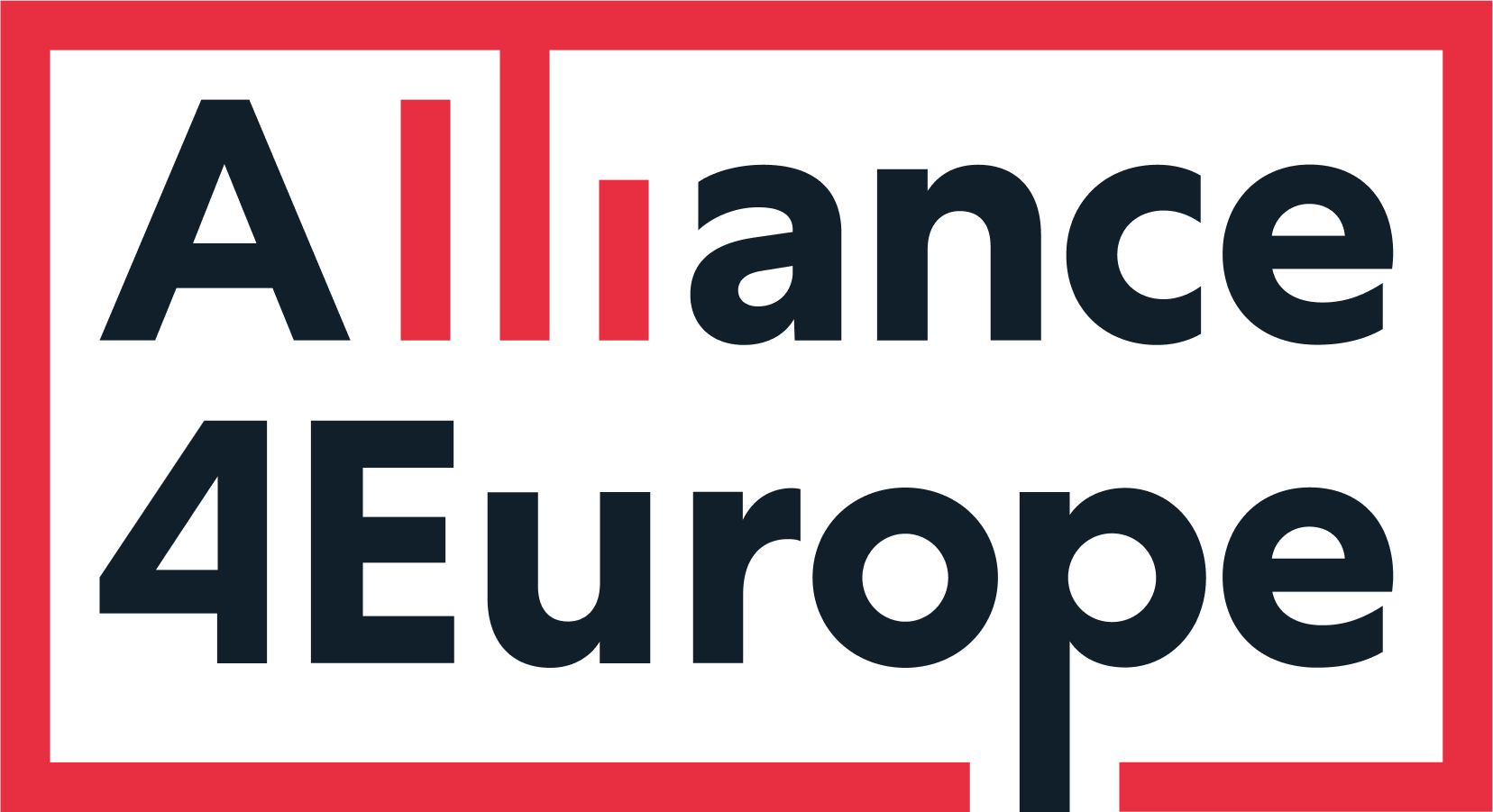This week we marked World Press Freedom day, after years when the press has gone through rough times. We usually associate the words “press freedom” with questions of repression, censorship, and dark images of journalists being abducted in and threatened. These dangers to democracy and the safety of those who defend it have been on the rise, there is now the question of online tech monopolies, algorithms and an epidemic of disinformation. High quality journalism is democracy’s oxygen which is being suffocated by trash content in AI rabbit-holes.
We need to remember that freedom of expression is a right guaranteed to people by states, and in this day and age, that brings up a conundrum.
States may or may not protect the right to freedom of expression and freedom of the press, but overwhelmingly, our media consumption is run through private companies who are monopolies in their field. And these companies, incidentally, do not owe freedom of expression to anyone, they simply maximise profits.
The annual World Press Freedom Index, which evaluates press freedom in 180 countries, illustrates worrying trends. Journalism is seriously impeded in 73 countries and constrained in 59 others. Only 12 (7%) of the 180 countries covered, offer a favourable environment to journalists and the press. In addition to unfavourable press conditions, the Edelman Trust barometer reveals a disturbing level of public distrust of journalists.
And there is good reason to distrust what you see floating through your newsfeed. There is so much disinformation and vacant distraction that facts are often drowned out by the noise. Are the large social media platforms violating people’s rights? Maybe. Are they putting democracy at risk? Certainly.
There is a link between the deterioration in the quality of media and the safety and freedom of journalists who try to provide quality media. As they face off against corruption, powerful interests, and abusive governments, the lies and the noise covers up the evidence, and point away from the real story.
So what do we do?
Enable high quality and diverse media and journalism through smart regulation, new business models, corporate responsibility, and investment in high-quality journalism. More high-quality media and less disinformation and clickbait.
The European Commission has published the Digital Services Act which could potentially hold major digital platforms accountable to make their systems fairer, safer and more transparent. Now is the time to build up the will and leadership to take that step forward. The DSA can and should provide global leadership in making the internet, online public spaces and the digital economy fit for purpose for 21st century democracy.
Journalists must not only be free and safe in their work, they should also be heard and read through the noise.
